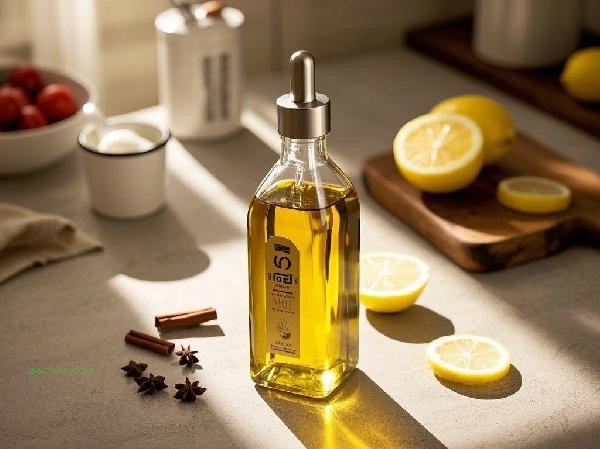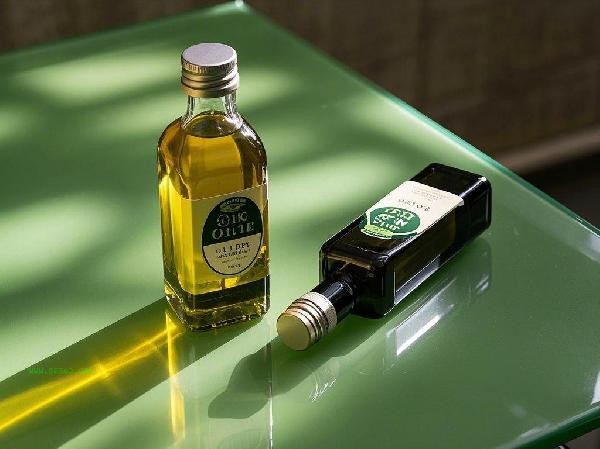It is generally recommended to limit the consumption of olive oil on an empty stomach to 5 to 10 milliliters, and the specific intake should be adjusted according to individual physical condition and health status. Olive oil is rich in monounsaturated fatty acids and antioxidants. Drinking it on an empty stomach may help lubricate the intestines and promote the absorption of fat soluble vitamins, but excessive consumption may cause gastrointestinal discomfort. When drinking olive oil on an empty stomach, a small intake can help stimulate gallbladder contraction, promote bile secretion, and have certain benefits for digestive function. The oleic acid component in olive oil can assist in regulating blood lipids, while vitamin E and polyphenols have antioxidant effects. Choosing extra virgin olive oil can maximize the retention of nutrients. It is recommended to dilute it with warm water before drinking to avoid direct irritation of the gastric mucosa. People with weak gastrointestinal function may experience bloating or diarrhea, and the initial attempt can gradually increase from 3 milliliters.

Some people should be cautious when drinking olive oil on an empty stomach, such as patients after cholecystectomy, those in the recovery period of acute pancreatitis, or those with chronic diarrhea. High dose intake may interfere with normal lipid metabolism, and long-term overdose may increase calorie burden. If you experience symptoms such as acid reflux and nausea after drinking, you should stop immediately. It is recommended to drink it 30 minutes before breakfast and avoid eating it with stimulating foods. Olive oil can be used as a healthy source of fat in daily diet, and it is safer to consume it with vegetable salads or whole wheat bread. Maintaining a diverse dietary structure is more important than a single supplement, and patients with cardiovascular disease should consult a doctor to determine personalized intake. Pay attention to observing physical reactions, seek medical attention promptly if there is persistent discomfort, and avoid using olive oil as a substitute for medication.











Comments (0)
Leave a Comment
No comments yet
Be the first to share your thoughts!